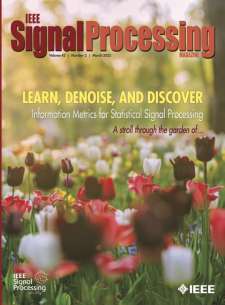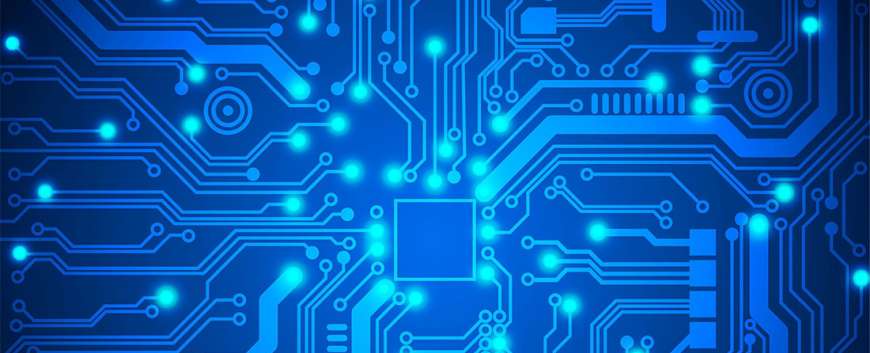Scientific Integrity: A Duty for Researchers
Top Reasons to Join SPS Today!
1. IEEE Signal Processing Magazine
2. Signal Processing Digital Library*
3. Inside Signal Processing Newsletter
4. SPS Resource Center
5. Career advancement & recognition
6. Discounts on conferences and publications
7. Professional networking
8. Communities for students, young professionals, and women
9. Volunteer opportunities
10. Coming soon! PDH/CEU credits
Click here to learn more.
Scientific Integrity: A Duty for Researchers
Ethics in science is essential for various reasons and is a duty for scientists. The full sense of the word ethics may differ according to languages and countries. For instance, in France, we typically make a distinction between ethics and scientific integrity, while scientific integrity is a part of ethics in the United States. For instance, the article “The Submerged Part of the AI-Ceberg,” [1] published in the September issue of IEEE Signal Processing Magazine ( SPM ), discusses the ethical issues concerning the research in our domain, i.e., a set of philosophical reflections on the interest and usefulness of our work for humanity and for the Earth. These questions are complex and must prompt debates between scientists and society. Conversely, scientific integrity is a set of good practices in the sciences, which has not been discussed but is strictly applied. All of the learned scientific societies promote integrity. Of course, IEEE, as such and also as a publisher of many scientific journals, strongly supports scientific integrity. Scientific integrity and misconduct are at the core of a few talks [2] at the annual IEEE Panels of Editors meeting, which bring together volunteers and staff members to discuss assorted publication-related topics. Serious failures related to scientific integrity include plagiarism and data falsification or fabrication, but misconduct related to authorship and during the review process are also unacceptable and must be met with punishment.
In my view, scientific integrity is essential and a duty for all scientists for the following reasons:
-
We have a duty to Society, especially since most of us are funded by public money, to conduct our research in a manner that instills confidence and does not instead erode it.
-
Many scientists are involved in the training and supervision of young researchers. It is thus our duty to inculcate in them sound research practices that are based on scientific integrity.
IEEE’s rules for good practices in publications, reviews, and so on are detailed in the IEEE Publication Services and Products Board Operations Manual [3]. For a simple, fast, and comprehensive overview of this manual, I posed a few questions to Luigi Longobardi, director of publishing ethics and conduct at IEEE, and Tony VenGraitis, program manager of publication ethics for IEEE publications, and their answers are detailed in “Scientific Integrity and Misconduct in Publications” in this month’s issue of SPM on pages 73–75.
SPS Social Media
- IEEE SPS Facebook Page https://www.facebook.com/ieeeSPS
- IEEE SPS X Page https://x.com/IEEEsps
- IEEE SPS Instagram Page https://www.instagram.com/ieeesps/?hl=en
- IEEE SPS LinkedIn Page https://www.linkedin.com/company/ieeesps/
- IEEE SPS YouTube Channel https://www.youtube.com/ieeeSPS













